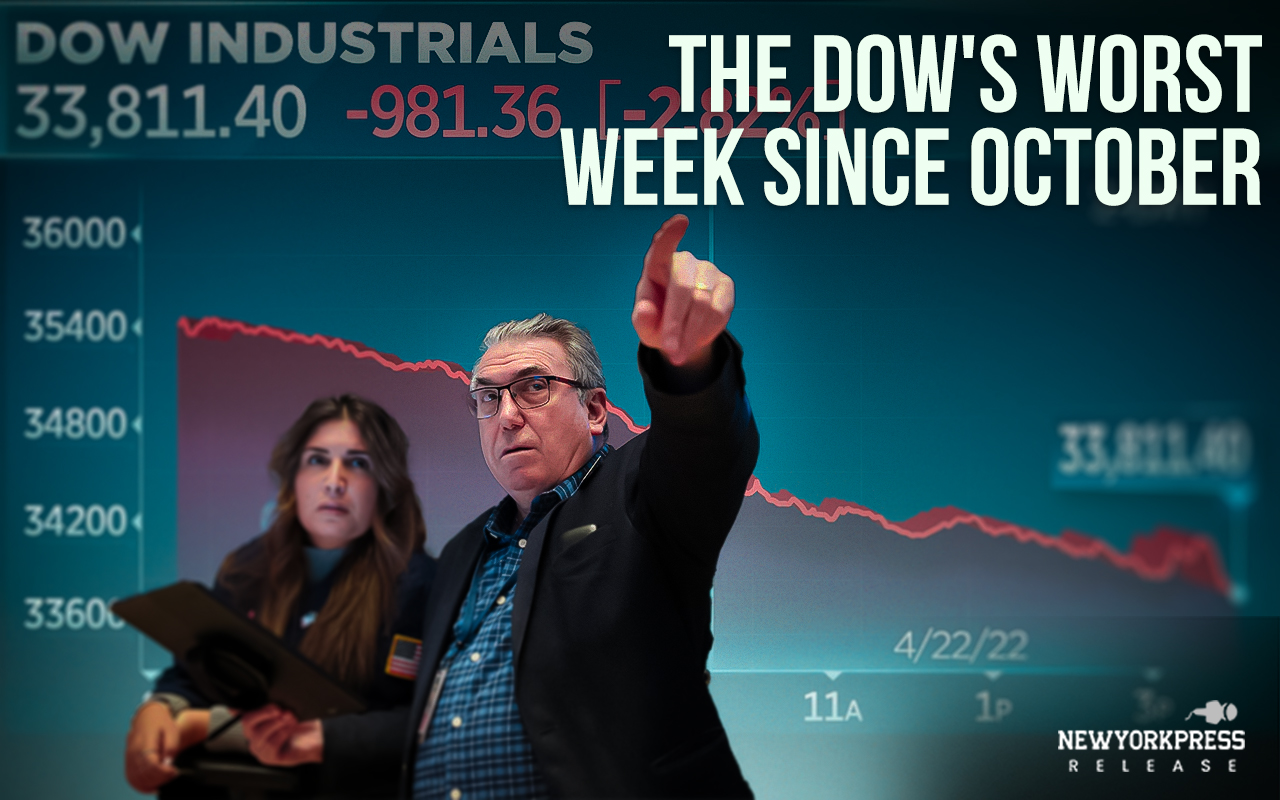Monday saw a decline in U.S. stock futures as the Dow Jones Industrial Average concluded its worst week since October. Additionally, investors are anticipating the release of inflation data later this week.
Futures for the Dow Jones Industrial Average fell 74 points, or 0.19%. Futures for the S&P 500 and the Nasdaq 100 fell by 0.21% and 0.34%, respectively.
Wall Street is recovering from a week in which the major averages lost ground. The 30-stock Dow had its worst week since October last year, falling 0.93%. The Nasdaq Composite fell 1.17%, and the S&P 500 fell 0.26%.
Because of certain extremely high stock valuations that have many worried that equities may be poised for a correction following this year’s run, investors grabbed profits from some market leaders. Last week, five of the Magnificent Seven saw a dip; only Nvidia and Meta Platforms separated from the competition.
Investors received conflicting signals from Friday’s February jobs report regarding the timing of the Federal Reserve’s next interest rate reduction. Even though the U.S. economy created more jobs than projected, there were hopeful signs that the central bank would start loosening monetary policy, including a higher unemployment rate and slower-than-expected wage growth.
This week, investors will be looking for more indications of inflation progress. The consumer and producer price indices for February will be released on Tuesday and Thursday, respectively. This comes after expectations that the path toward the Fed’s 2% target would be straightforward were dashed by January’s unexpectedly hot report. Before Fed officials get together for their March policy meeting, traders will receive their final round of important economic reports.
“We aren’t counting on the Fed to cut rates at its meeting later this month,” wrote Mike Dickson, head of research at Horizon Investments. “Given this recent spike, we expect the Fed to hold off until it sees at least three consecutive months of lower core services inflation. That means June at the earliest—and later in 2024 if services inflation stays sticky.”
On Monday, following the closing, the software platform Oracle is scheduled to release its profits.




